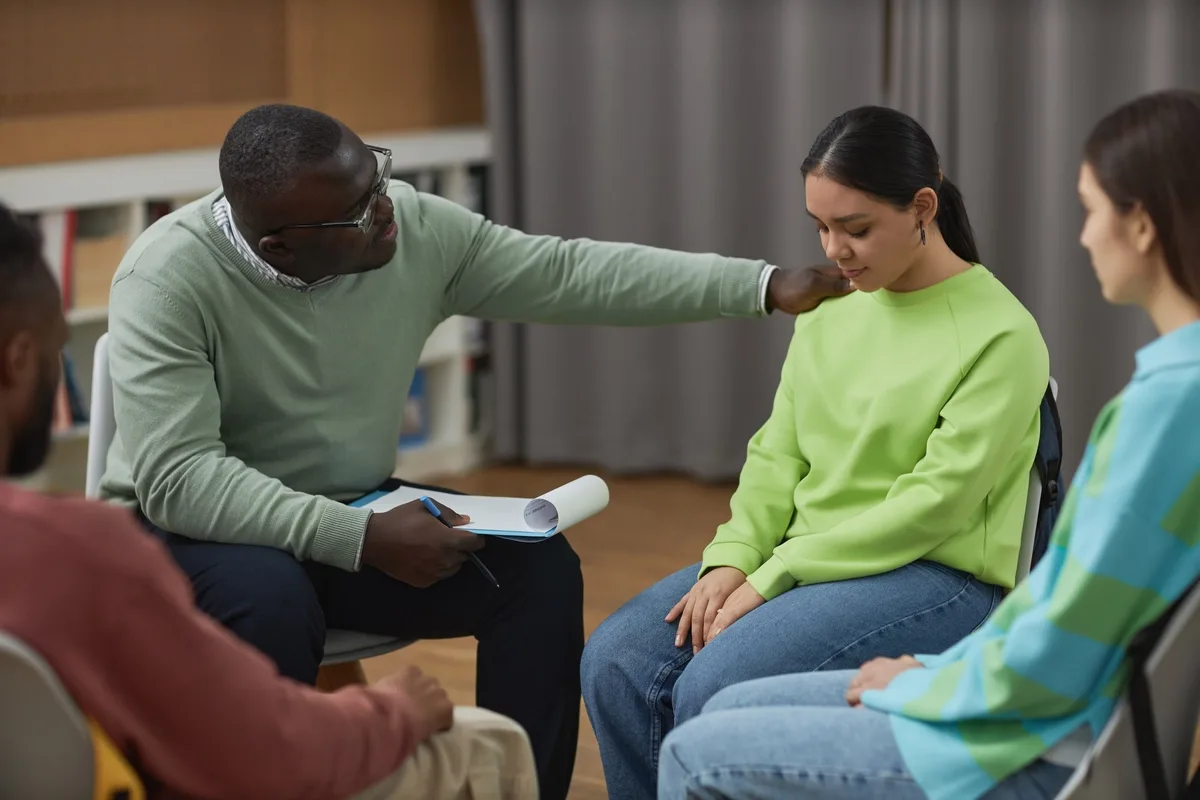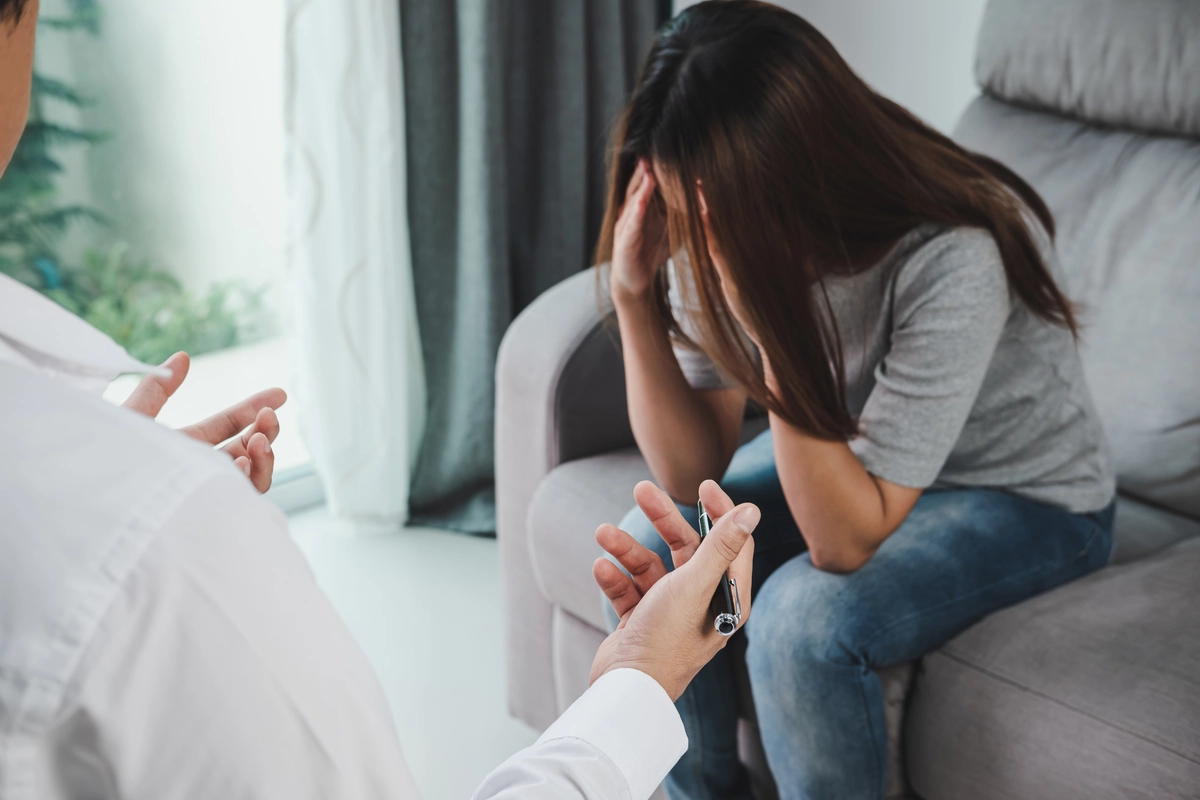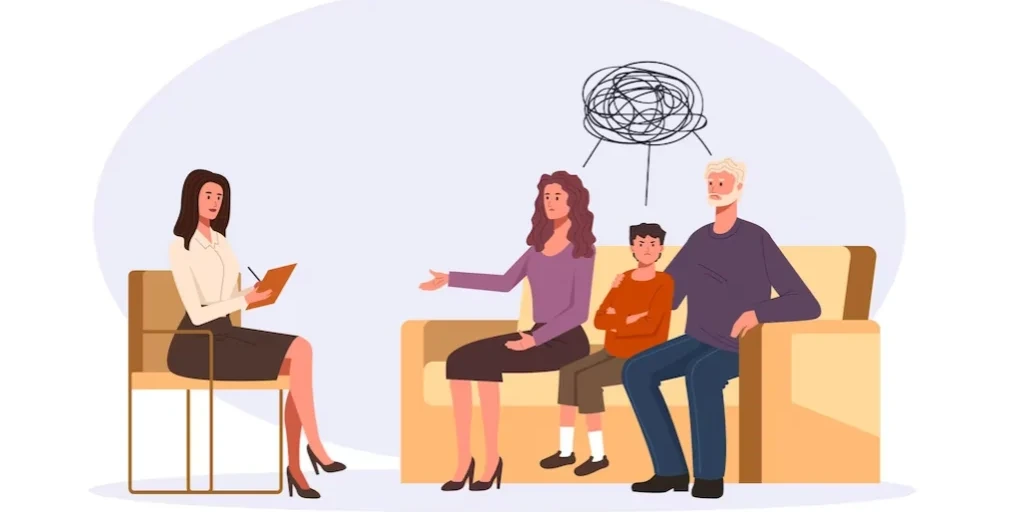24/7 Helpline:
(866) 899-111424/7 Helpline:
(866) 899-1114
Learn more about Bipolar Disorder Treatment centers in Adair County
Bipolar Disorder Treatment in Other Counties

Preferred Family Healthcare – Jamison Street
Preferred Family Healthcare is a mental health, behavioral health, and dual diagnosis treatment cent...

Mark Twain Behavioral Health
Mark Twain Behavioral Health is a private rehab located in Kirksville, Missouri. Mark Twain Behavior...

Preferred Family Healthcare
Preferred Family Healthcare offers a residential and outpatient program, CPRC, RCF, Prevention, Heal...


































Integrative Wellness Institute
Integrative Wellness Institute is a private rehab located in Kirksville, Missouri. Integrative Welln...

AA – Alcoholics Anonymous
AA – Alcoholics Anonymous is a non-profit rehab located in Kirksville, Missouri. AA – Alcoholics Ano...



















Other Insurance Options

Health Choice

EmblemHealth

MVP Healthcare

Amerigroup

Self-pay options

Coventry Health Care

AllWell

Multiplan
Beacon

Regence

BlueShield

MHNNet Behavioral Health

Health Net

Excellus

Lucent

Magellan

Oxford

ComPsych

CareFirst

Private insurance